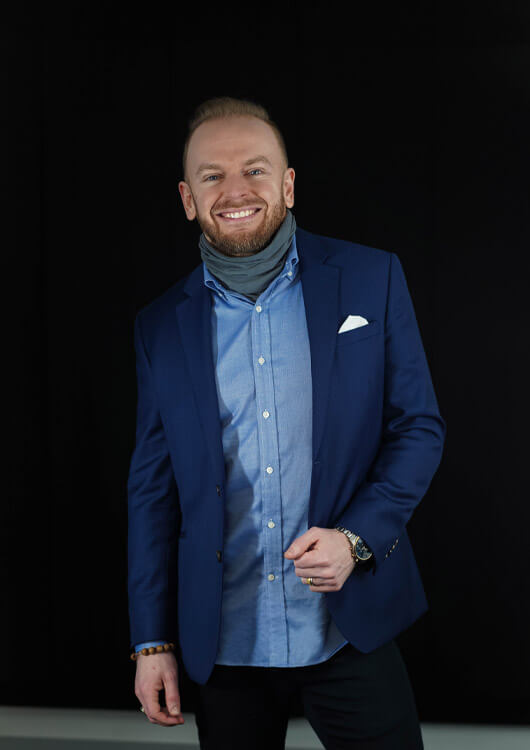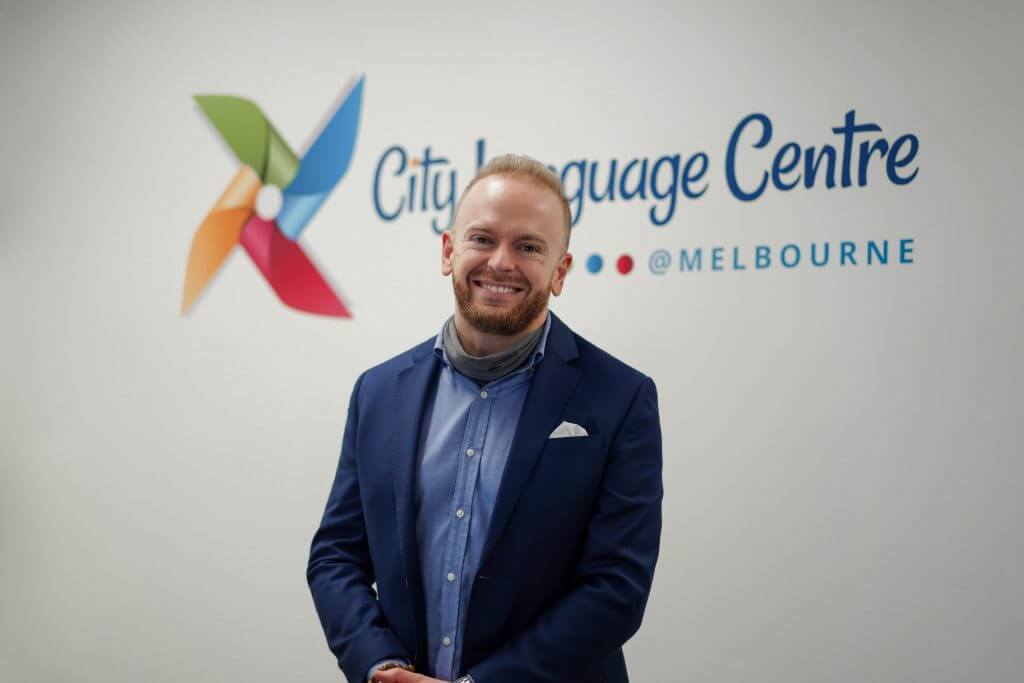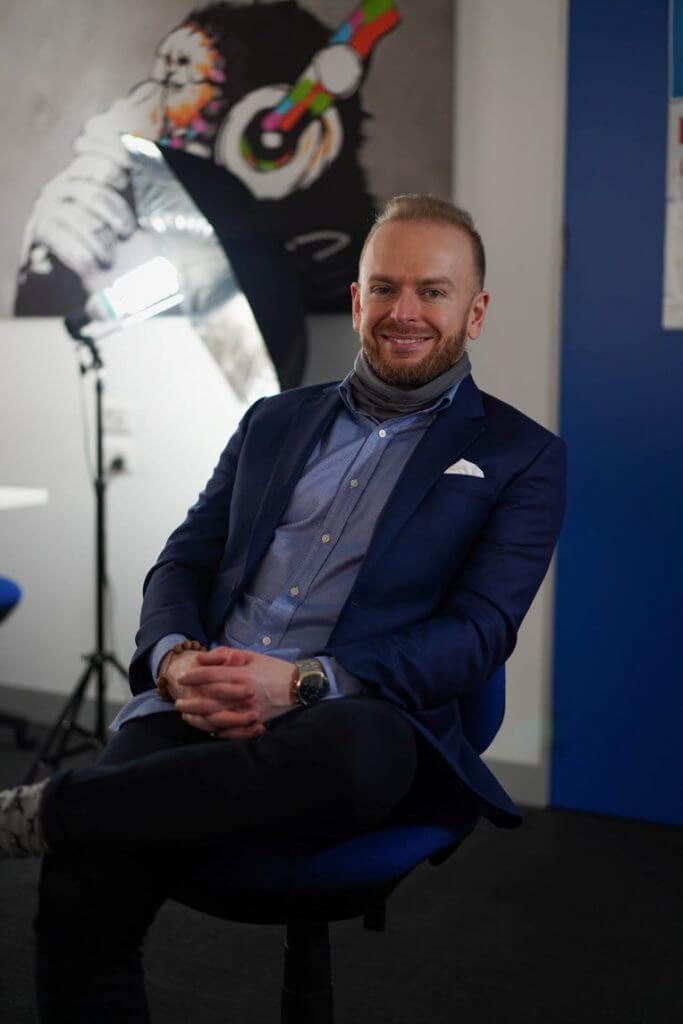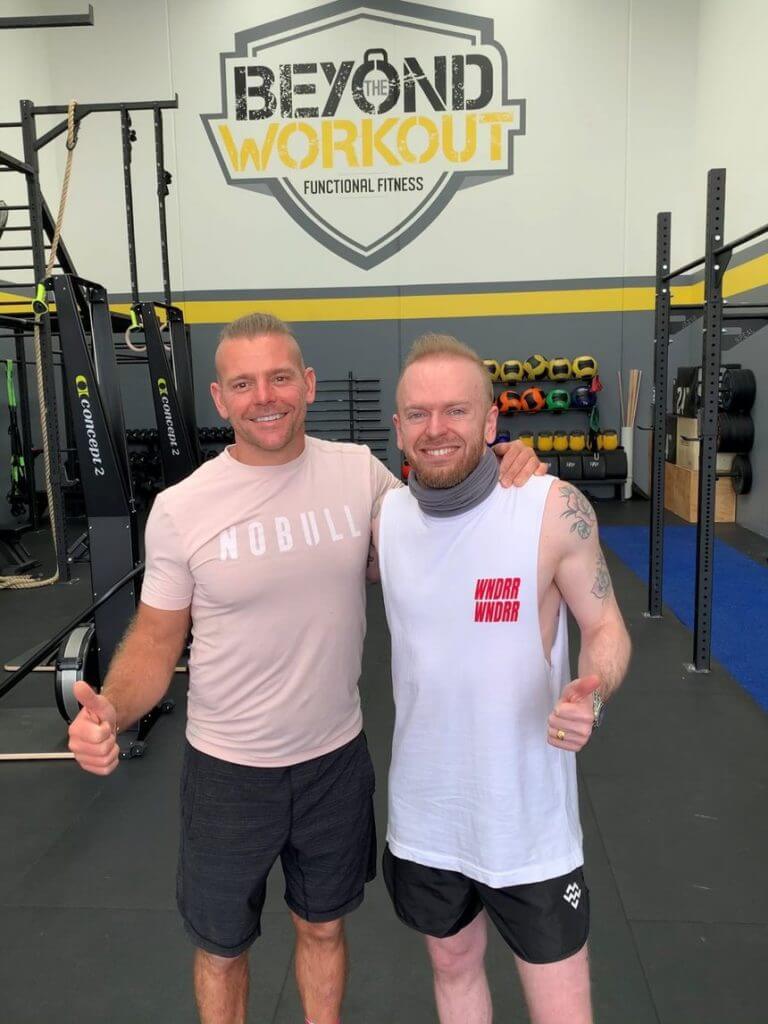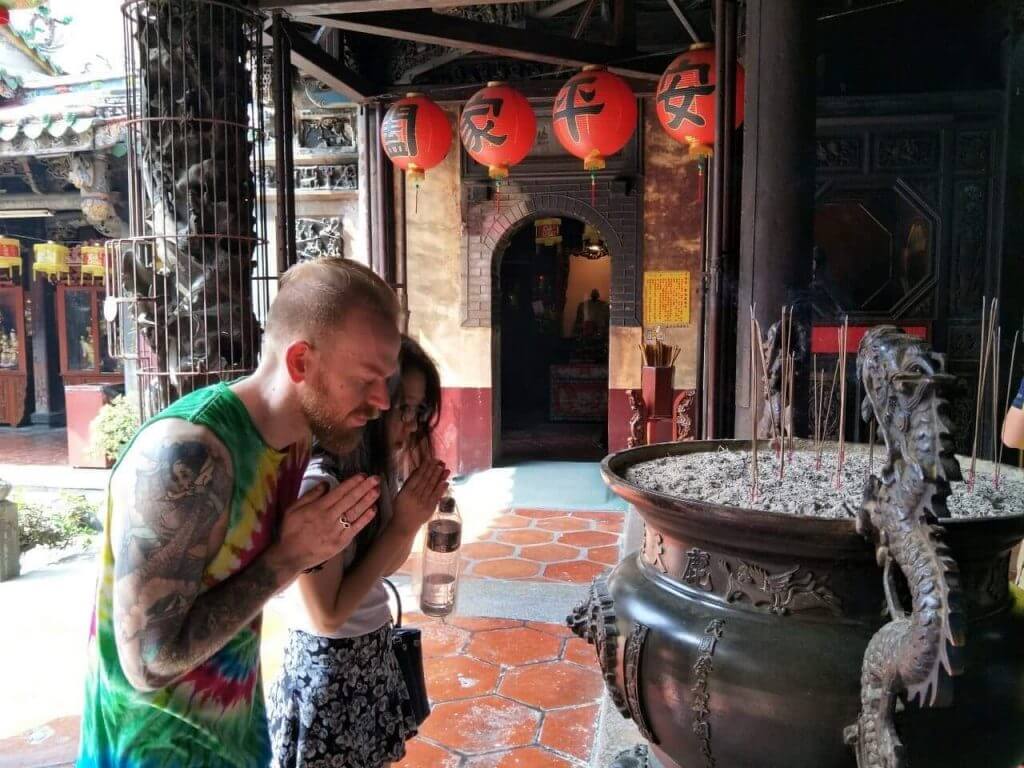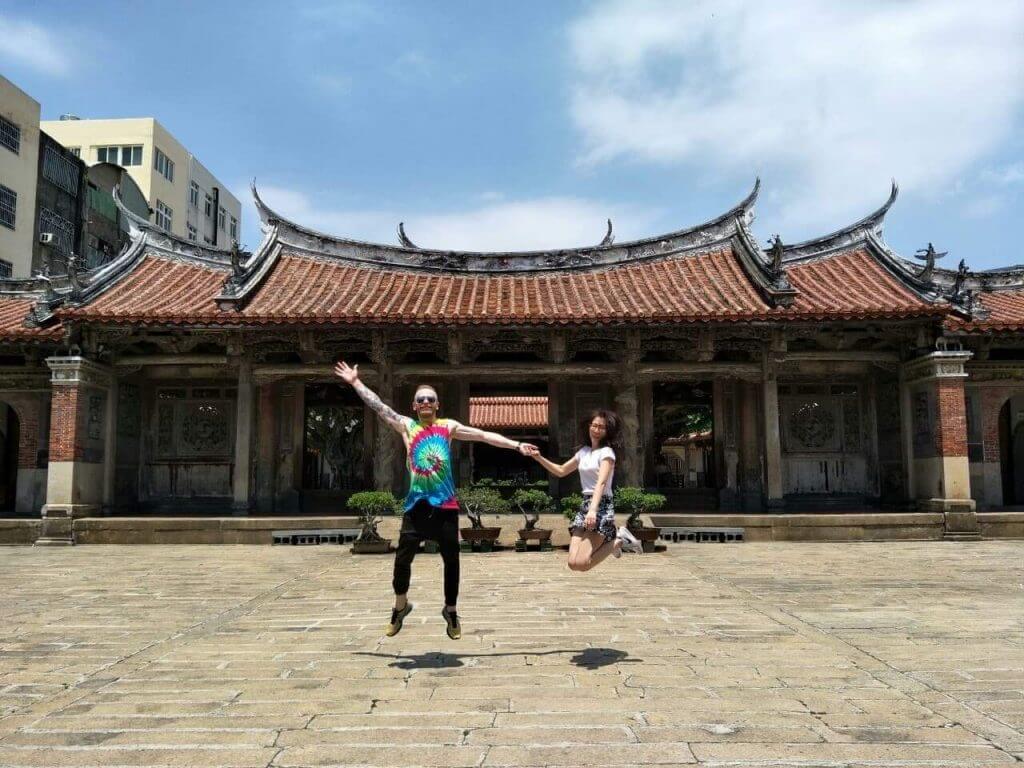Educating Linguist, Athlete, Philosopher
Kalon, the former Academic Manager of CLC
I am a firm believer in the old adage, “Mind, body, spirit,” which takes it that our wellness is made up not only of our physical health but our mental and spiritual health as well. Through my passions for Education and Linguistics, Athletics and Mindfulness, I see each of these three aspects of nature well nourished. While I’m also a typical guy who loves travel, movies and music and going out to eat with my wife, I’m truly obsessed with teaching and learning, languages, fitness and philosophy.
